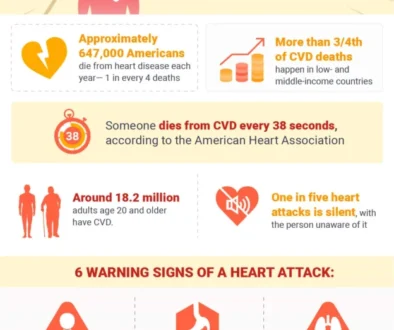The Truth About Eggs
What would we do without the quintessential egg?
 It is a staple in our diets, can be eaten for breakfast, lunch, and dinner and an important ingredient in many sweet and savory dishes. But for a few decades, eggs have had a bad reputation because of their high cholesterol content. Years went by while many of us shunned eggs, ate only the whites, or ventured into the world of egg substitutes.
It is a staple in our diets, can be eaten for breakfast, lunch, and dinner and an important ingredient in many sweet and savory dishes. But for a few decades, eggs have had a bad reputation because of their high cholesterol content. Years went by while many of us shunned eggs, ate only the whites, or ventured into the world of egg substitutes.Then, in 2000, the American Heart Association revised its dietary guidelines and gave healthy adults the green light to enjoy eggs once again. Their latest recommendations now allow one egg a day for healthy adults, while still advising a total daily cholesterol limit of 300 mg to minimize the risk of developing cardiovascular disease.
The confusion over eggs stems from their cholesterol content. One large egg contains 213 mg of cholesterol, accounting for two-thirds of the recommended daily limit. When we learned that high blood cholesterol was associated with heart disease, foods high in cholesterol logically became suspect. But after 25 years of study, it has become evident that cholesterol in food is not the culprit; instead foods with high saturated fats (like fatty meat and full fat dairy products) have a bigger effect, triggering the body to make cholesterol.
With science on our side, we can once again enjoy the wonderfully nutritious egg. Eggs contain the highest biological value for protein. One egg has only 75 calories but 7 grams of high-quality protein, 5 grams of fat, and 1.6 grams of saturated fat, along with iron, vitamins, minerals, and carotenoids. Eggs are rich in choline, which promotes normal cell activity, liver function, and the transportation of nutrients throughout the body, kind of like a commuter train for vitamins and minerals. They have zero carbs and no sugar, and are also naturally gluten-free.
Eggs are easy to prepare and eat, adaptable to any meal, and inexpensive. Manage your egg intake over the course of a week, and on days when you enjoy eggs for breakfast, it’s wise to limit foods high in cholesterol and saturated fat for the rest of the day. Talk with your health care provider about the cholesterol and saturated fat content of your eating plan in the setting of your own cholesterol levels, and those with high cholesterol levels should follow their doctor’s advice about eating eggs.



